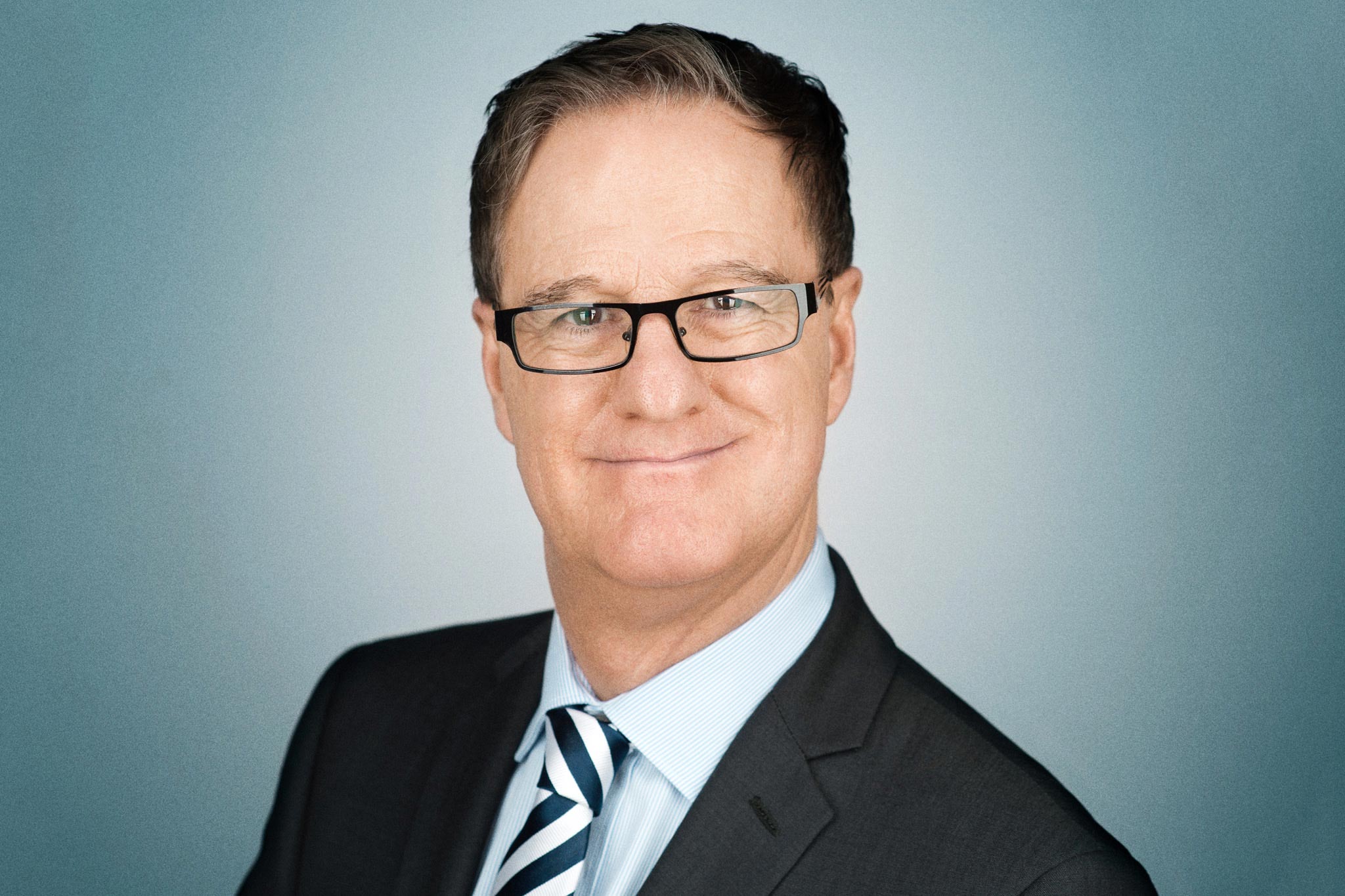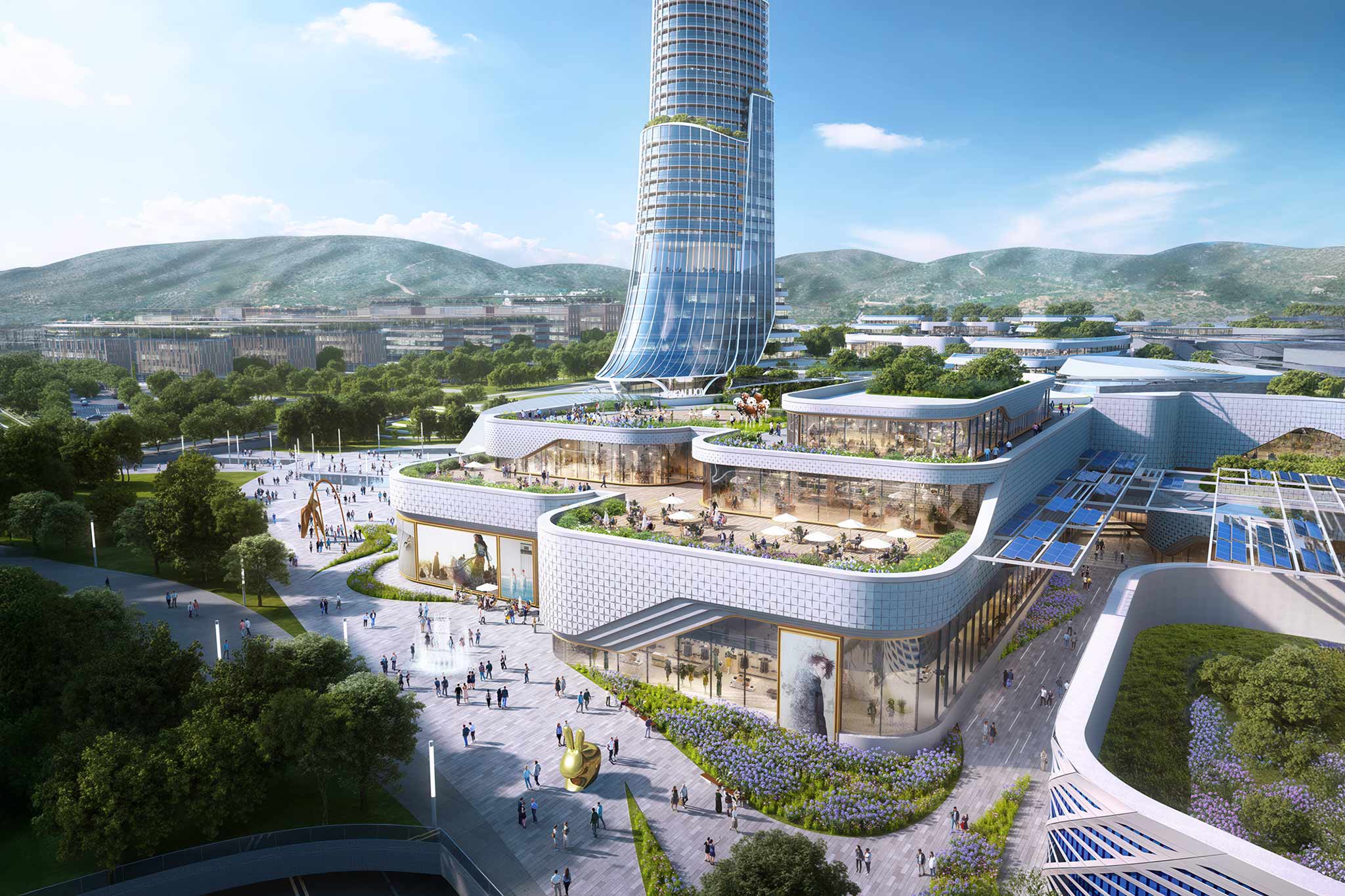One hundred thirty-four convention bureaus in 33 European countries participating in the Dr Rob Davidson of MICE Knowledge survey in early 2021 showed that one in four of these destination marketing organisations had reductions in staff levels. One in three have suffered cuts in their public sector funding since the beginning of the pandemic. Seventy-five per cent of convention bureaus, depending on financial support from their partners or members, have had reductions in funding from those sources.
Despite all this, a clear majority (3 in 4) of the convention bureaus are optimistic or very optimistic about their future, according to the report The Impacts of the Pandemic on Convention Bureaus in Europe.
Responses to the survey show that many convention bureaus have suspended one or more of their marketing activities, such as bidding and advertising, but others have switched over to digitalised forms, from virtual fam trips and digital awards ceremonies for ambassadors, to participation in online exhibitions.
Many have used the past year to focus on making improvements to their services, resulting, for example, in more effective websites, bid books, and use of the social media. Various European convention bureaus have also increased their education and training activities, improving their own skills and knowledge as well as those of their stakeholders.
In terms of the convention bureaus’ predictions for the future, there is widespread expectation that the digitalisation of meetings will continue into the postpandemic world; there will be more focus on local and national markets; health, hygiene and safety of destinations will be paramount; sustainability, wellness and the social legacy of meetings will become more relevant; and in-person meetings will be generally smaller and shorter but will have to offer participants more genuine value.
“This survey indicates that European convention bureaus are working hard to support their destinations by innovating and adapting to the immense challenges now facing them, including continuing uncertainty about the duration of the pandemic. It provides evidence that when the recovery comes, the bureaus will be ready and willing to play their part in restoring prosperity, travel and animation in their destinations,” says Rob Davidson.
Some of the conclusions in the survey
Changes in convention bureaus’ staff levels in the first 12 months of the pandemic. Most had no changes. But overall, there were net reductions in staff numbers: 77 full-time staff 24 part-time staff.
Many of these reductions may not be permanent, as they include staff who have been redeployed into other types of work, as well as people who have been moved from full-time to part-time contracts or on temporary leave of absence from work.
Changes in convention bureaus’ funding levels in the first 12 months of the pandemic
- One in three convention bureaus experienced reductions in their government/public funding.
- One in six convention bureaus saw increases in their government funding.
- Seventy-five per cent of convention bureaus receiving financial support from their partners/members experienced reductions in funding from those sources.
- Changes in convention bureaus’ activities in the first 12 months of the pandemic.
Bidding for conferences
For most of the convention bureaus, this activity continued as usual, but over 20 of them stopped or significantly reduced their bidding.
Branding/positioning
Continued as before, but with more use of digital tools.
Websites
Significant investment of time in redesigning and updating websites, especially with Covid-related information and details of opportunities for hybrid events in the destinations.
Advertising
More use of digital forms of advertising. But 20 per cent of the convention bureaus suspended or greatly reduced this activity.
Social media
Significant increases in the use of the social media for staying in touch with stakeholders. Linkedin was by far the channel most used for this purpose.
Fam trips and site visits
Thirty per cent of the convention bureaus suspended all of these trips, and over 20 per cent replaced them with virtual fam trips.
Exhibitions
Most of the major exhibitions for our industry took place in virtual forms. Forty-five per cent of the convention bureaus participated in one or more of these.
Ambassador programmes
Most continued as before, but events such as award ceremonies went ahead in digital forms. Several new ambassador programmes were launched or planned.
Market research
More investment in this activity, but for many convention bureaus there was a change of focus from researching international conferences to investigating “proximity” markets.
Advocacy
Generally increased, with a greater focus on lobbying governments for financial relief support.
Services for meeting planners
More guidance for convention bureaus’ clients and potential clients particularly on facilities and services for hybrid meetings, and updates on health and safety measures in operation in the destinations.
Future changes anticipated by the convention bureaus in the short term
Many convention bureaus expressed great uncertainty over the immediate future of our industry and their role in it. The two most important unknowns were the effectiveness of the vaccination programmes and people’s general ability and willingness to travel.
Main short-term changes:
- More use of all digital marketing tools.
- More preparation for hybrid and other digitalised forms of meetings.
- More need to support stakeholders with information on changes in the destinations.
- More focus on local and national markets, instead of international events.
Future changes anticipated by the convention bureaus in the long term
The convention bureaus’ predictions for how our industry will function in a postpandemic world indicated a widespread conviction that many of the trends already identified in this survey would continue and intensify.
Main long-term changes:
- More hybridisation of meetings and events. Seventy per cent of respondents expressed their belief that hybrid and other digitalised forms of meetings were here to stay.
- Shorter meetings, with fewer in-person participants. More multi-hub events, splitting up large international conferences to a number of regional hubs.
- More attention paid to wellness, sustainability and the social legacy of meetings. Health, safety and hygiene conditions in destinations will be of paramount importance.
- More value will be expected from in-person attendance in meetings: better networking opportunities, more authenticity, less superficiality.
Convention bureaus’ sentiments regarding their future:
- Seventy-six per cent of respondents were optimistic or very optimistic about their future.
- Twenty-four per cent of respondents were neutral or quite pessimistic about their future.
Their means reasons for feeling this way were:
- The immutable need of humans to meet others for live experiences.
- Their excitement about the new opportunities presented by hybrid events.
- Confidence that their destinations will be attractive to meeting planners in a postpandemic world.
- Our industry’s resilience and ability to adapt to new circumstances.
- General uncertainty about the future and the longer-term impacts of the pandemic.
- The length of time we may have to wait before the recovery begins in earnest.
- The impacts of the loss of income that partners and members will experience as more face-to-face meetings are replaced by virtual events.
Conclusion
The general picture to emerge from this survey is one of European convention bureaus working hard to support their destinations by innovating and adapting to the immense challenges now facing them. Many are doing so with fewer resources, whether staffing or funding, and in the face of continuing uncertainty about the duration of the pandemic.
Some convention bureaus have suspended one or more of their marketing activities, but most have continued, many in digitalised forms, from virtual fam trips and digital awards ceremonies for ambassadors, to participation in online exhibitions.
Many destination marketing organisations have used the past year to focus on making improvements to their services, resulting, for example, in better websites, bid books, and use of the social media. Many have also increased their education and training activities, improving their own skills as well as those of their stakeholders.
In terms of their predictions for the future, there is widespread expectation that the digitalisation of meetings will continue into the postpandemic world; there will be more focus on local and national markets; health, hygiene and safety of destinations will be paramount; sustainability, wellness and the social legacy of meetings will become more relevant; and in-person meetings will be generally smaller and shorter but will have to offer participants more genuine value.
In April 2021, the majority of convention bureaus feel quite optimistic or very optimistic about the future, counting on the enduring and intrinsic need of human beings to meet face-to-face for the exchange of knowledge, networking, and live experiences. When recovery comes, European convention bureaus will be ready and willing to play their part in restoring prosperity, travel and animation in their destinations.
MICE Knowledge is a London-based consultancy specialising in research, education and training for the international meetings industry. Dr Rob Davidson is the Managing Director. miceknowledge.com



